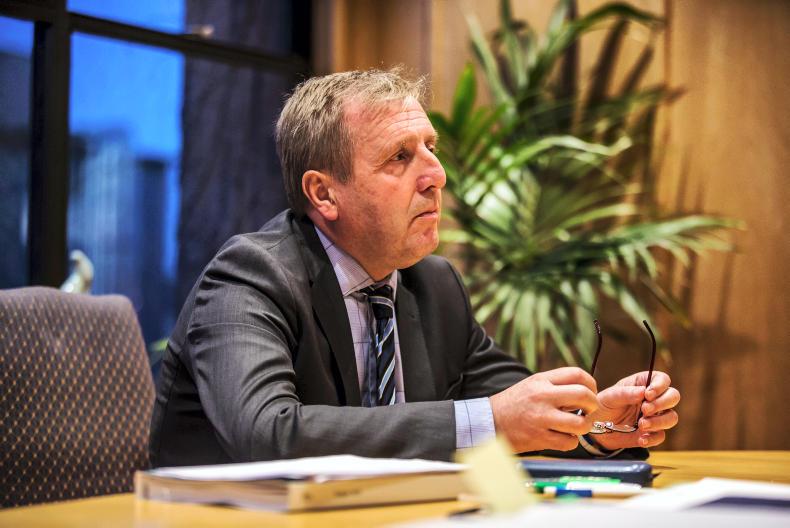Farm organisations are calling on the next Government to deliver greater transparency across the food chain.
While both Fianna Fàil and Fine Gael have committed to an ombudsman or regulator for the beef sector, the need for a light to be shone across the food chain for all farm sectors is highlighted again and again in the election manifestos released by farm organisations.
CAP, Brexit, and direct supports for farmers both from Brussels and Dublin heavily feature. The environment and climate change also are addressed by all, with an acknowledgement that farming must play its part, but a need for balance and funding.
The IFA wants coupled payments for sheep and cattle from the next government, and has upped its asking price. The IFA’s election manifesto specifies a targeted direct suckler payment of €300/cow and a parallel ewe payment of €30/ewe. Previously, the call was for €250/cow and €20/ewe.
On CAP, the IFA remains focused on an increased budget, to take inflation into account. It insists that convergence cannot take more money from farmers, and must be upward only.
On Brexit, the IFA wants the Brexit contingency fund announced in Budget 2020 to finance a second BEAM scheme. The €25m underspend from last year’s BEAM should be used to top-up 2019 payments. The IFA also says a €1bn fund is required from Brussels if a no-deal Brexit occurs at the end of the year.
An independent food retail regulator, with a remit to tackle unfair trading practices such as discounting, below-cost selling, annual tendering by retailers and mislabelling and branding is called for. Mandatory reporting of margins across the food chain is also demanded.
On climate, it says that metrics “reflecting the accurate impact of methane” must be used, and that on-farm renewables must be properly supported, with further funding set aside to encourage hemp production.
The ICMSA is calling for a food price monitoring tool to improve transparency across the food chain.
An intervention butter and SMP price of 90% of the average cost of milk production is also among its demands for the dairy sector.
Furthermore it wants to see the Voluntary Milk Supply Reduction Scheme made permanently available whenever milk price falls below the 90% of production costs trigger. The publishing of milk test results and verification of a return for participation in quality assurance schemes are other ICMSA demands. The CAP budget must also be maintained, with inspections simplified and no downward convergence for farmers with direct payments of less than €30,000.
The INHFA has called on the next government to deliver full convergence of CAP payments and a flat rate payment on every hectare by the end of the next CAP programme, along with front-loading payments on a set number of hectares.
Under land designations, it proposes payment supports from the CAP programme and national exchequer funding.
It has also called for a transition payment for older farmers seeking to retire from the age of 60 and a pilot scheme for 500 farmers within Farm Assist where farmers can opt-in to a universal basic income scheme worth an estimated €200 per week.
ICSA
The next government needs to reform the beef grid, establish a new BDGP scheme, “respect breeding decisions of farmers” and deliver a new agri-environmental scheme, according to the ICSA.
It wants the government to support the strategy to brand suckler beef as a speciality product with Protected Geographical Indication status.
It has also called for a new sheep welfare scheme that would double the current payment.
It also wants to see strong opposition to campaigns against meat and dairy products which are emerging in the media and school programmes.






 This is a subscriber-only article
This is a subscriber-only article











SHARING OPTIONS: